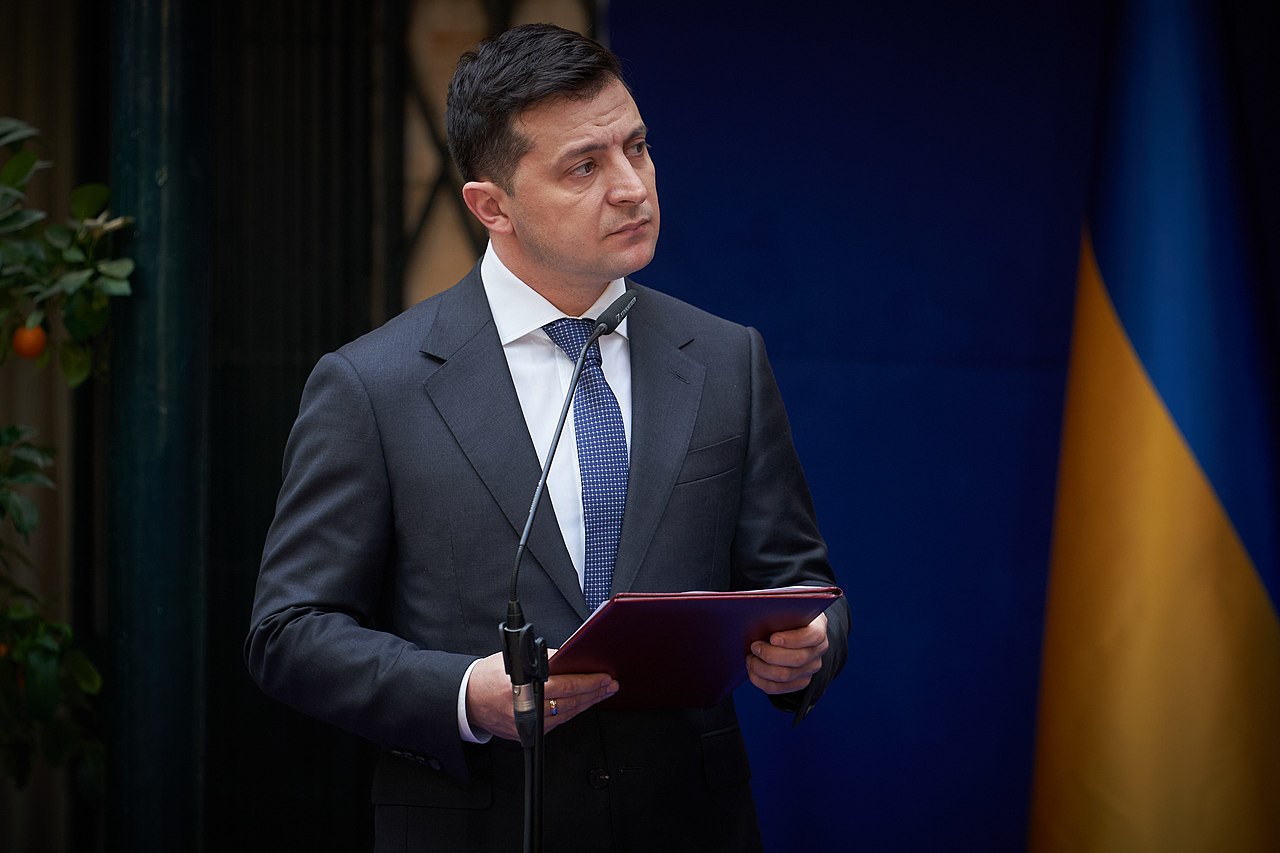BERLIN (Parliament Politics Magazine) – Volodymyr Zelenskiy, president of Ukraine did not hold back in what he termed as “his own dreadful history lessons” in his erratic address to the conference hall on Saturday. “Seeing a shell crater in the schoolyard, children have a question: has the world forgotten its mistakes of the twentieth century?” he added, referring to a Russian-backed rebel shell that devastated a nursery school on Thursday.
“What are the results of appeasement efforts?” How did the question “Why die for Danzig?” [a French anti-war slogan coined in 1939] become the necessity to die for Dunkirk and a dozen other cities across Europe and the globe, at the expense of tens of millions of lives?”
He then twisted the knife by claiming that there wasn’t a threat of war in the European continent because one was already underway: “How did it happen that there is a war going on in Europe in the twenty-first century, and people are dying?” Why does it seem to linger longer than World War II did? How did we end up in the worst security crisis since the end of the Cold War?”
If the doting western security elite had paid more attention to Zelenskiy’s scathing attack on their collective failure, they would not have applauded as loudly. He condemned “global greed, self-confidence, and irresponsibility of countries.” As a result, some people commit crimes while others remain unconcerned. Complicity is the product of indifference. This is your contribution to Europe’s security and the world.
Ukraine has been like a shield for Europe for eight years, he remarked. It has been holding back one of the world’s largest armies for eight years.” The door to Nato and the EU, on the other hand, had not been opened. The pledges made in the Budapest Memorandum in 1994 to guarantee Ukraine’s sovereignty appeared to be useless.
The existing appeasement policy must be transformed into one of security and peace assurances, he stated. He demanded that the West provide additional armaments and promptly implement preventive measures. He added that he had questioned western officials who claimed to be certain that an invasion would take place.
“What are you waiting for?” he asked. Their sanctions weren’t needed after the bombardment, after the country is shelled, or after they lose their borders and economy.
Kersti Kaljulaid, the former president of Estonia, gently took up Zelenskiy’s challenge on Sunday morning, asking Charles Michel, the head of the European Council, if the EU should at the least be more aggressive. “Are you personally prepared to extend an emergency invitation to Ukraine to expedite EU admission talks? It would provide the EU with a once-in-a-lifetime opportunity to gain an advantage in this tough moment. The EU is currently tremendously united, but also very reactive.”
Kaljulaid did not receive a positive response.
Although Michel felt that Putin’s policy was backfiring by fostering unprecedented transatlantic solidarity – the conference’s overarching public topic — the basis of his hesitancy over enlargement was partly historical.






